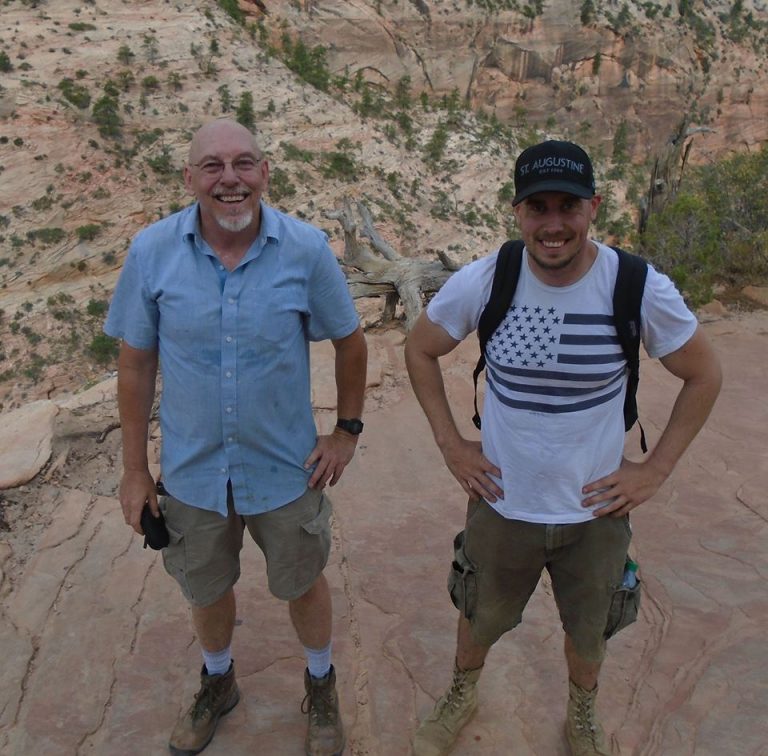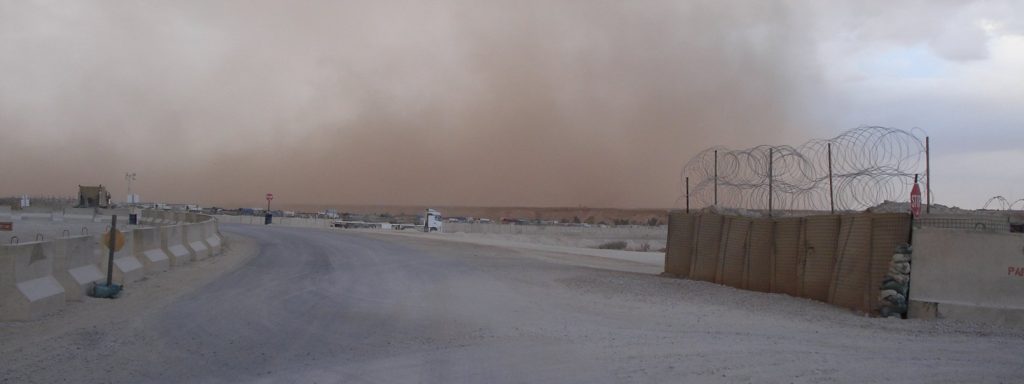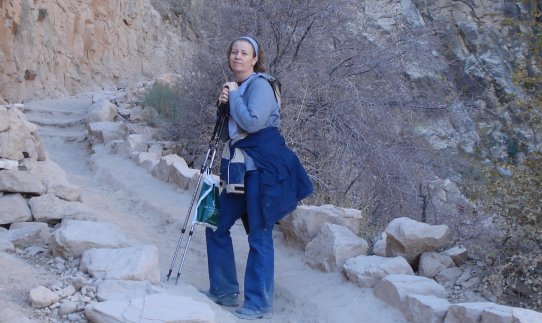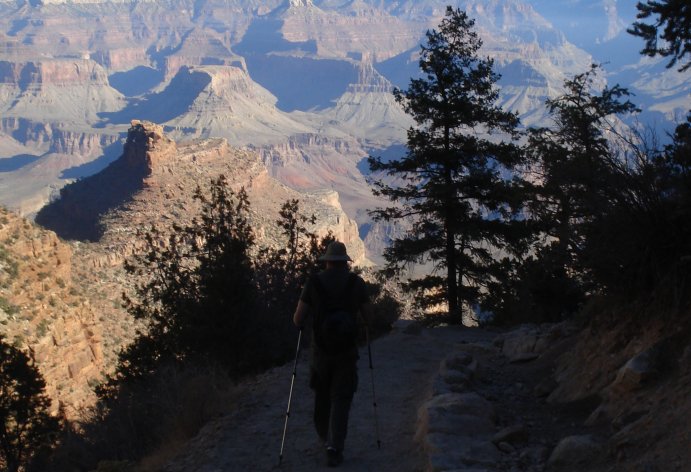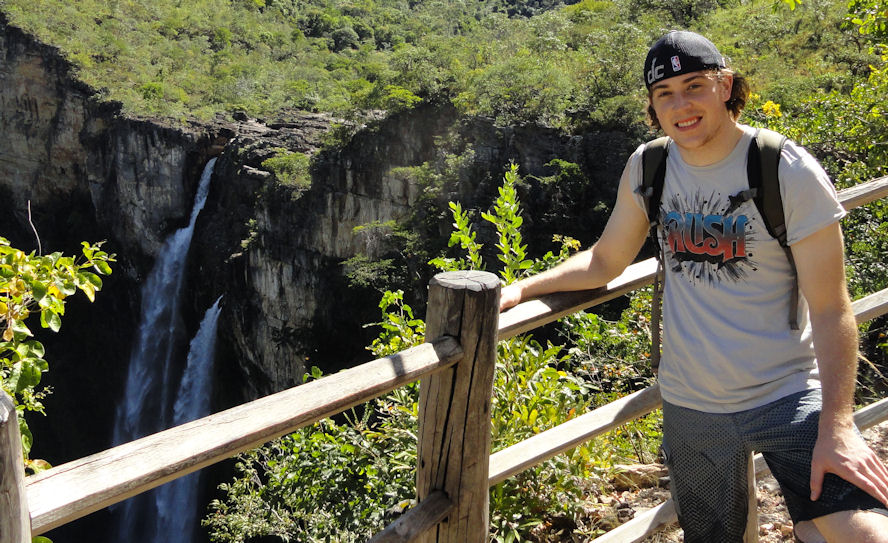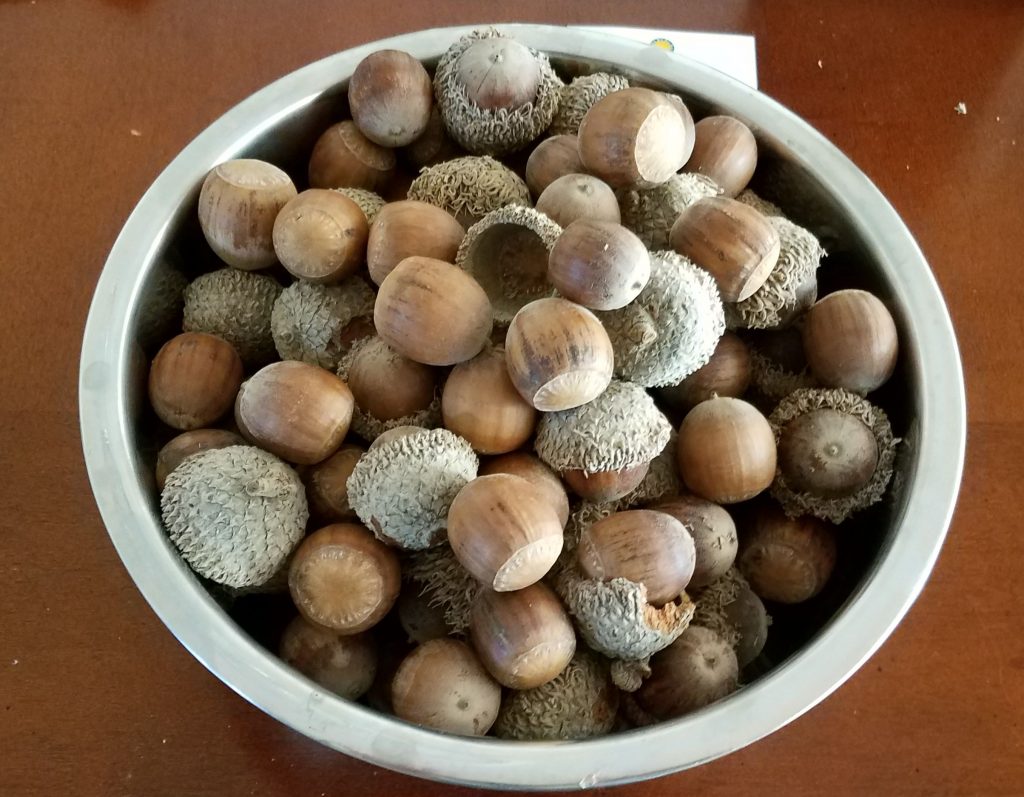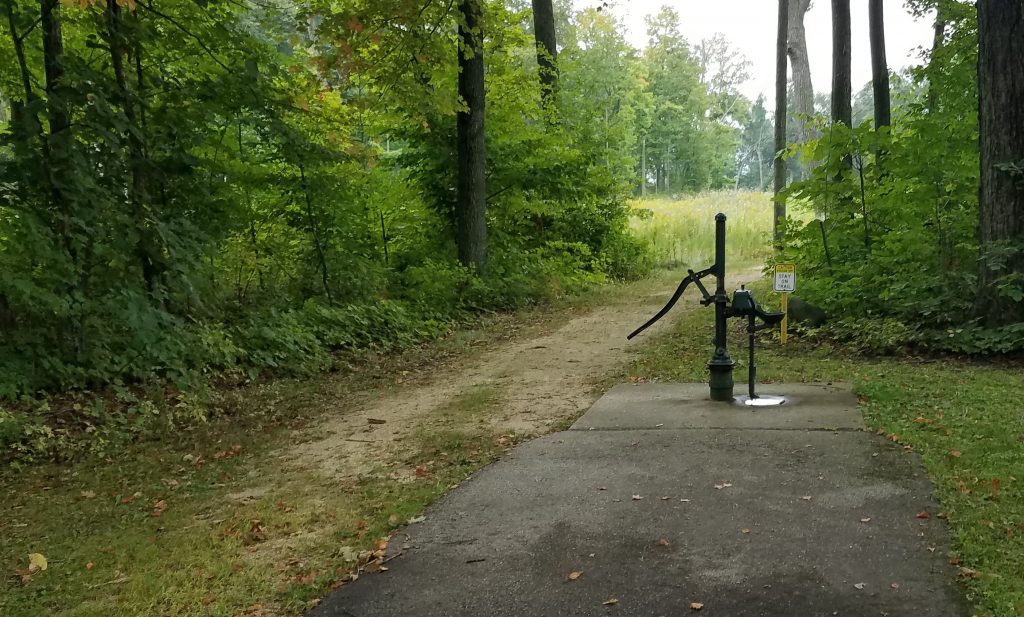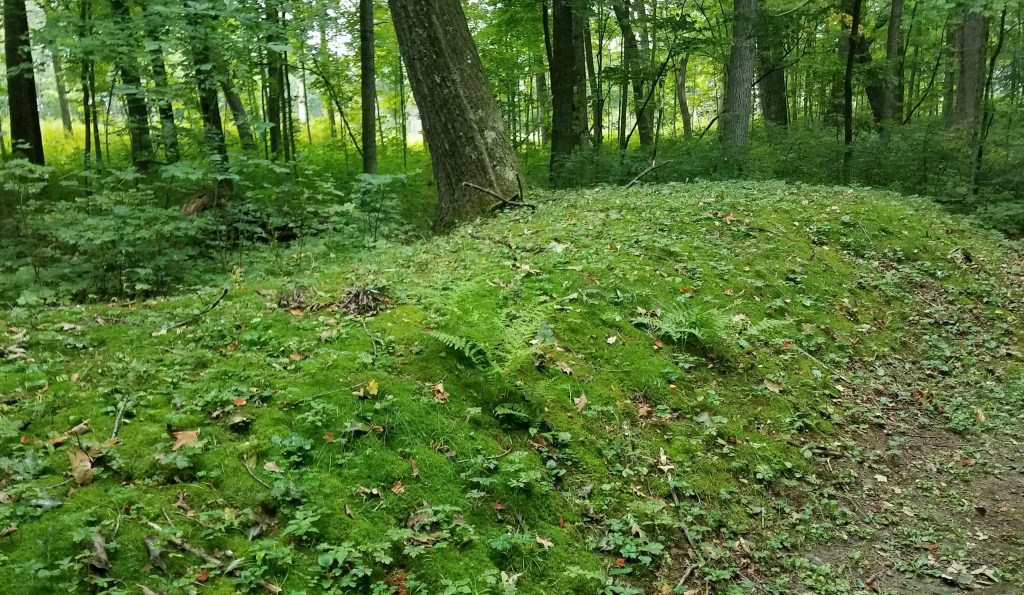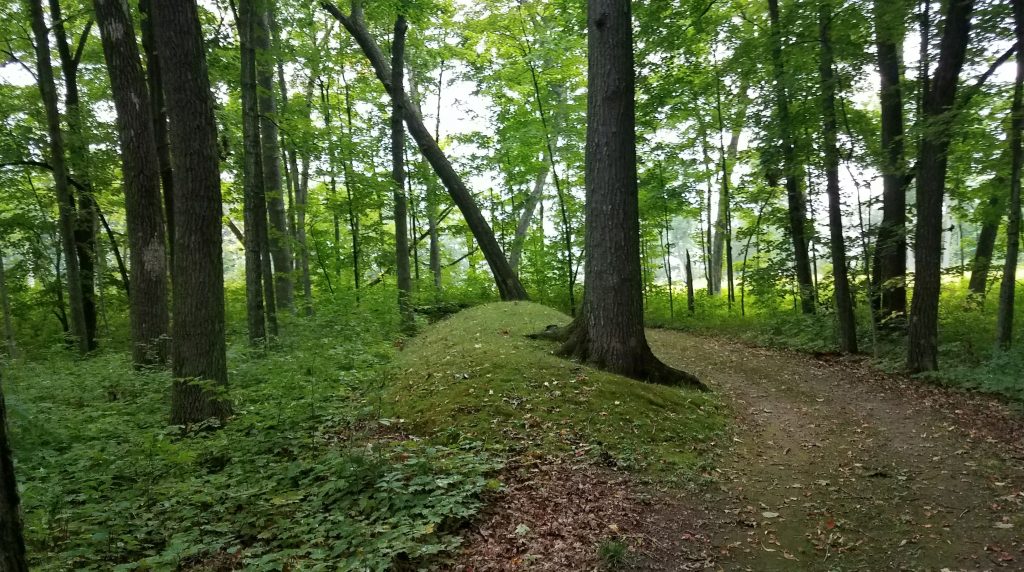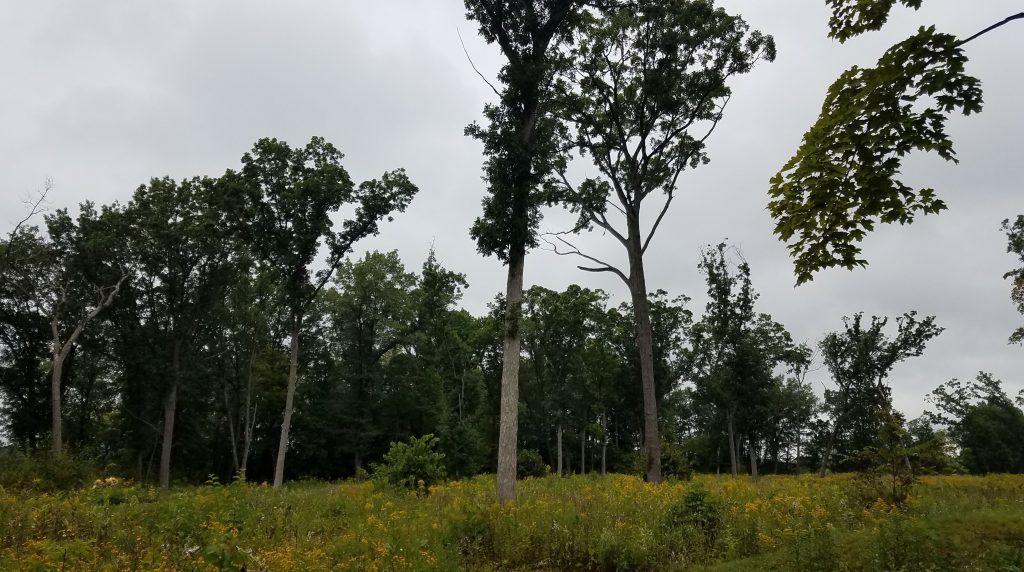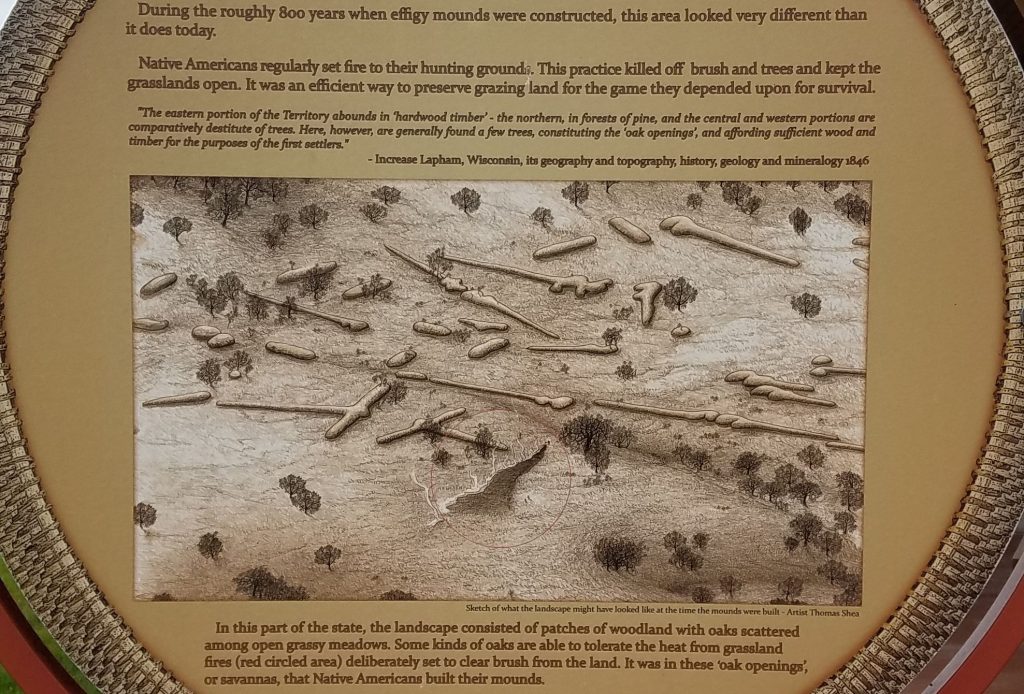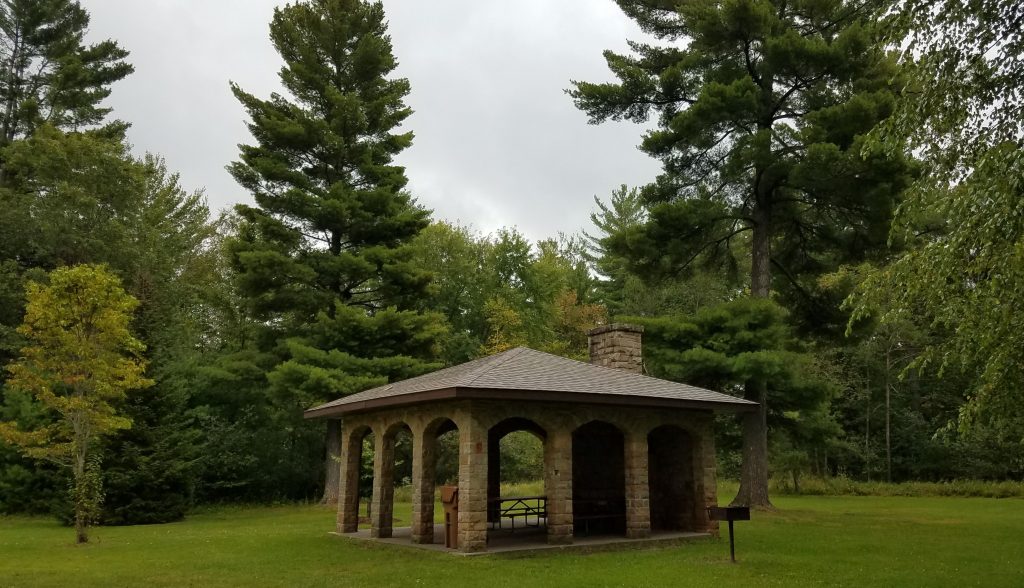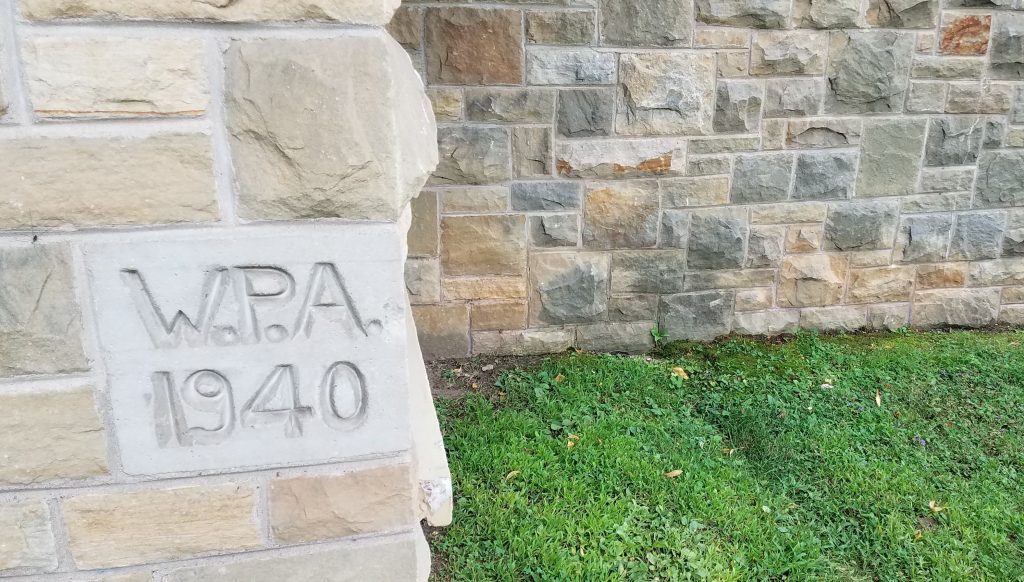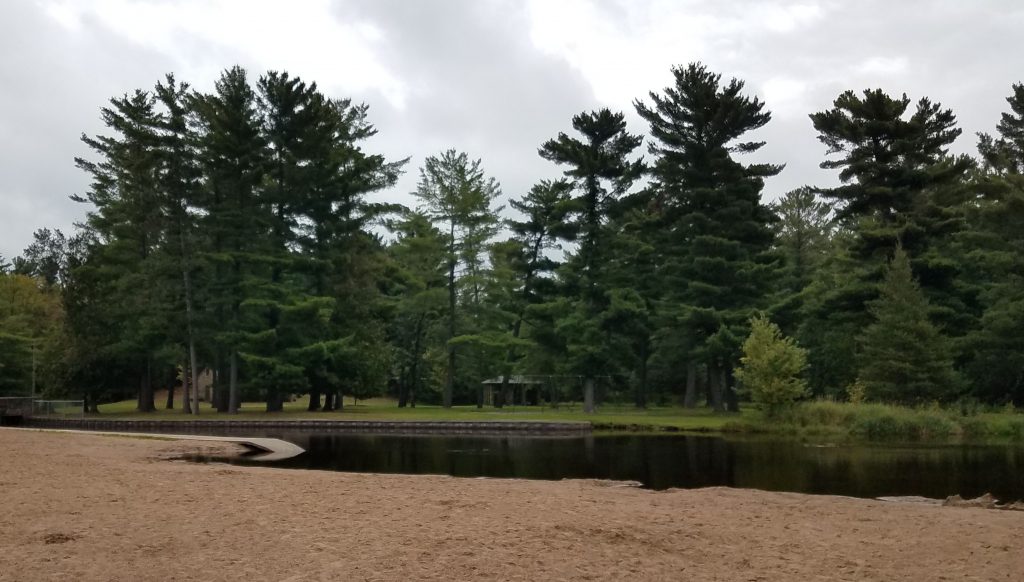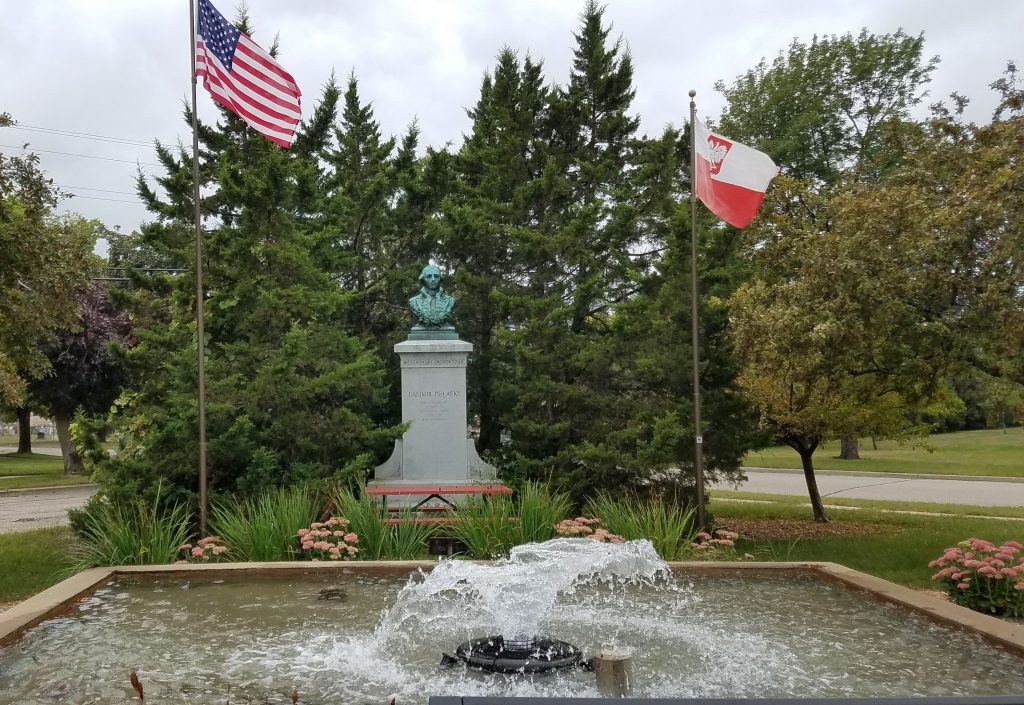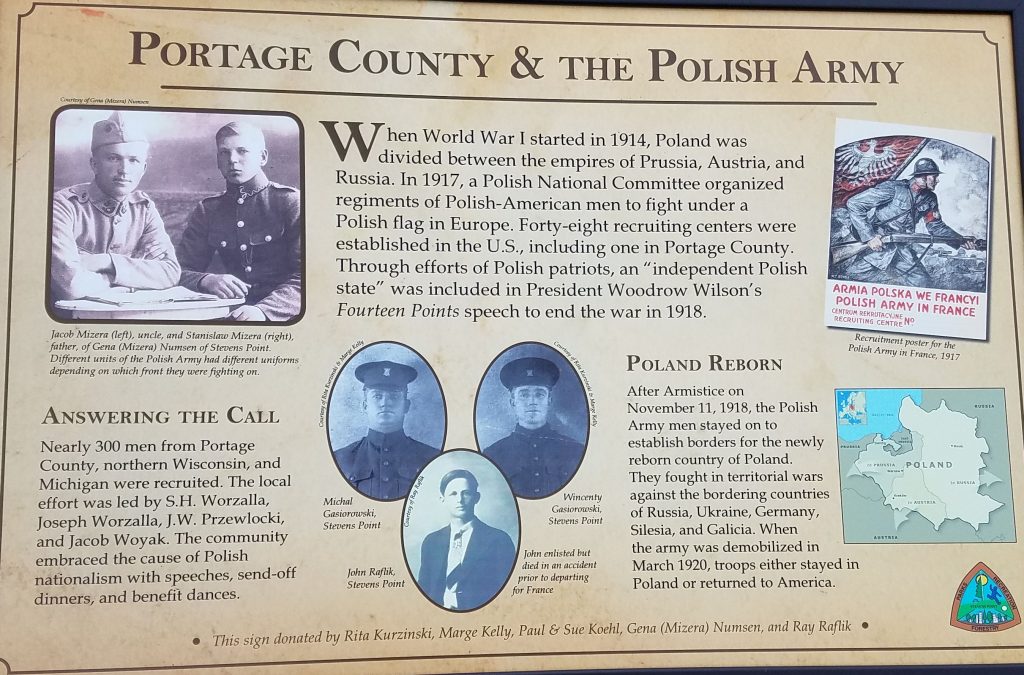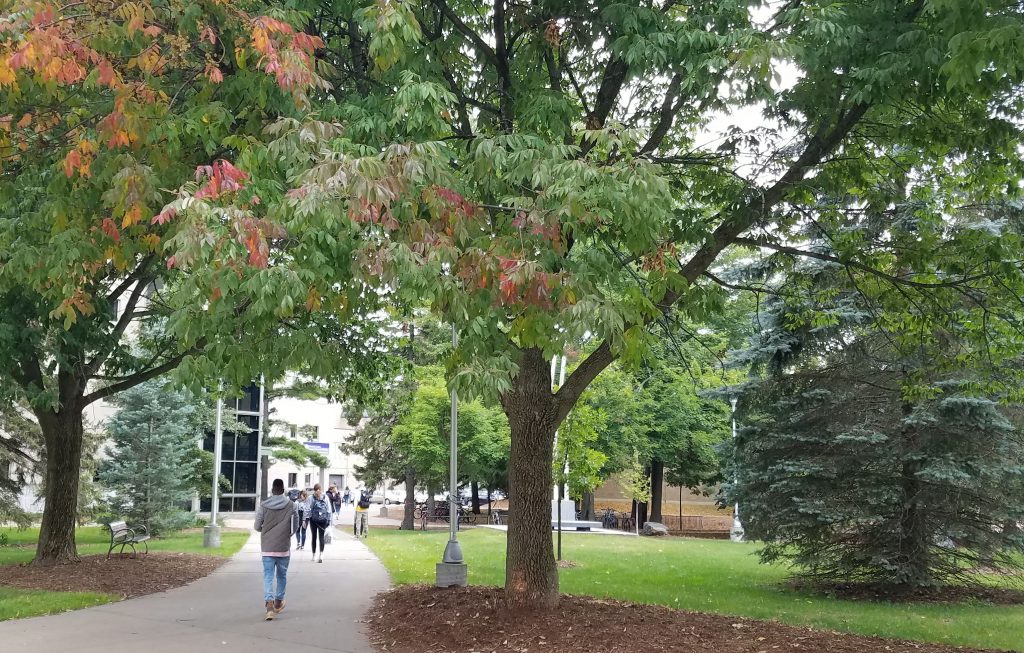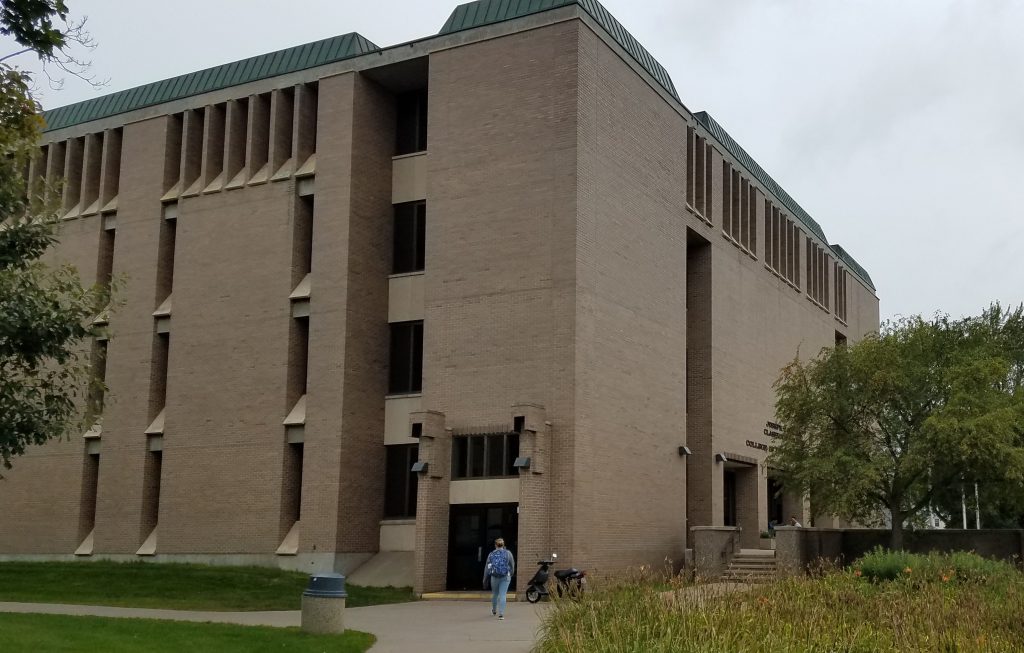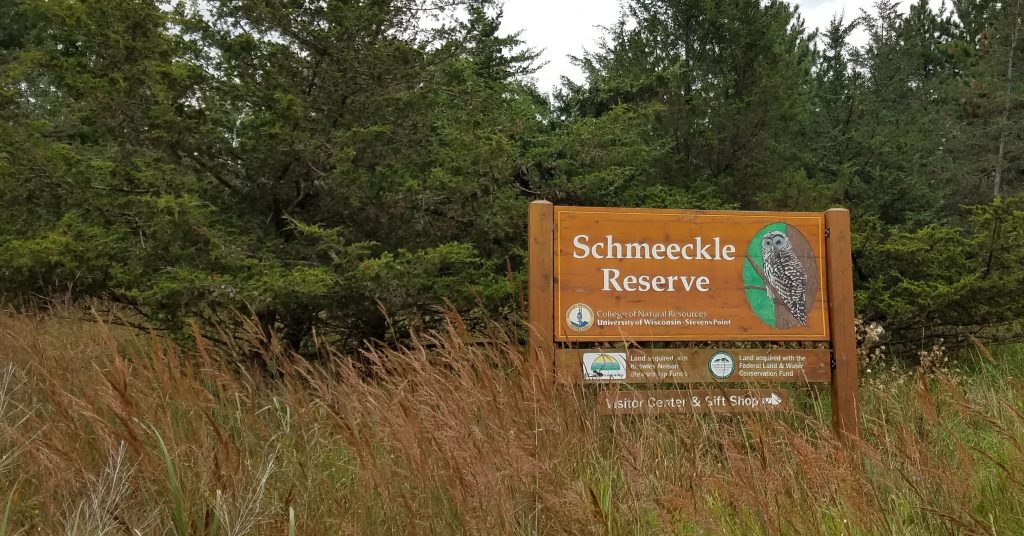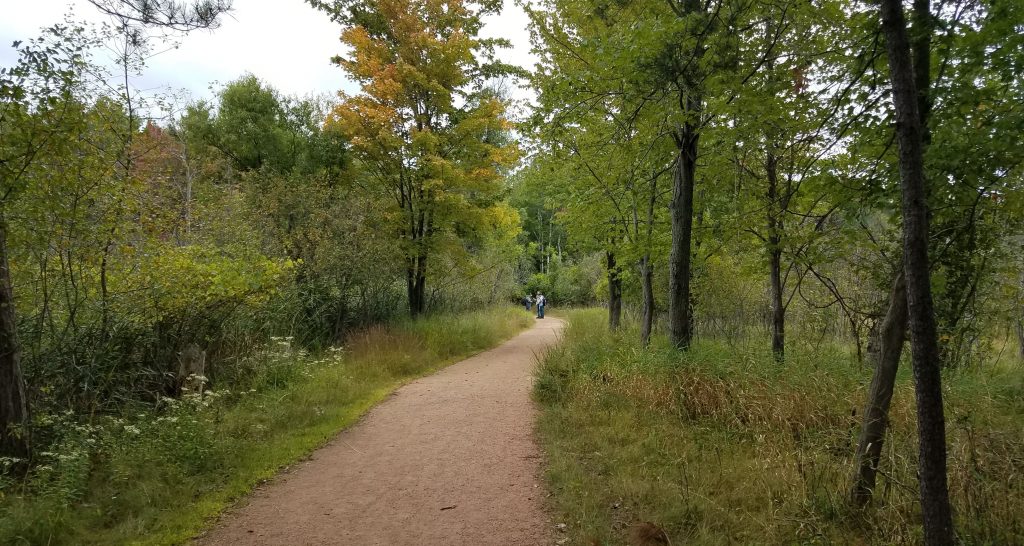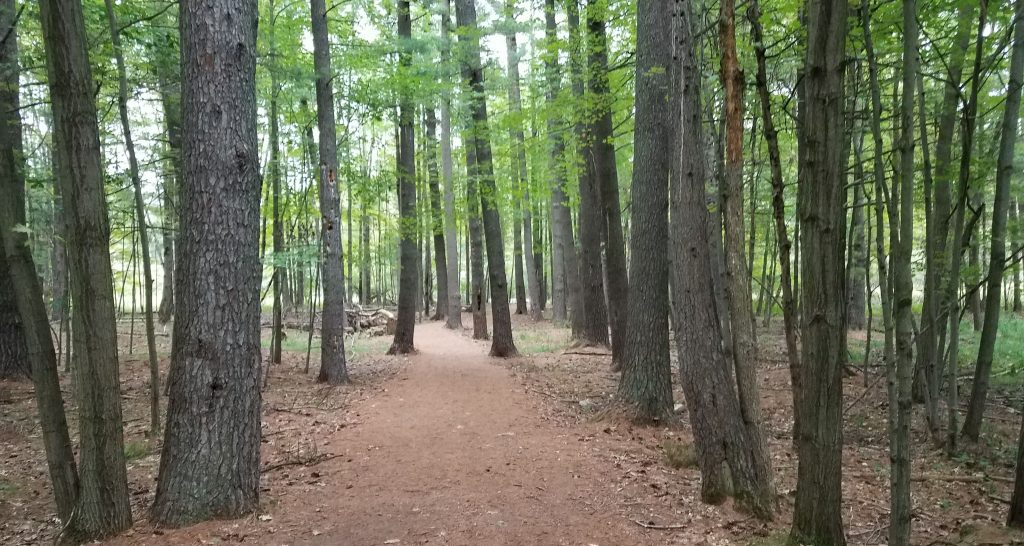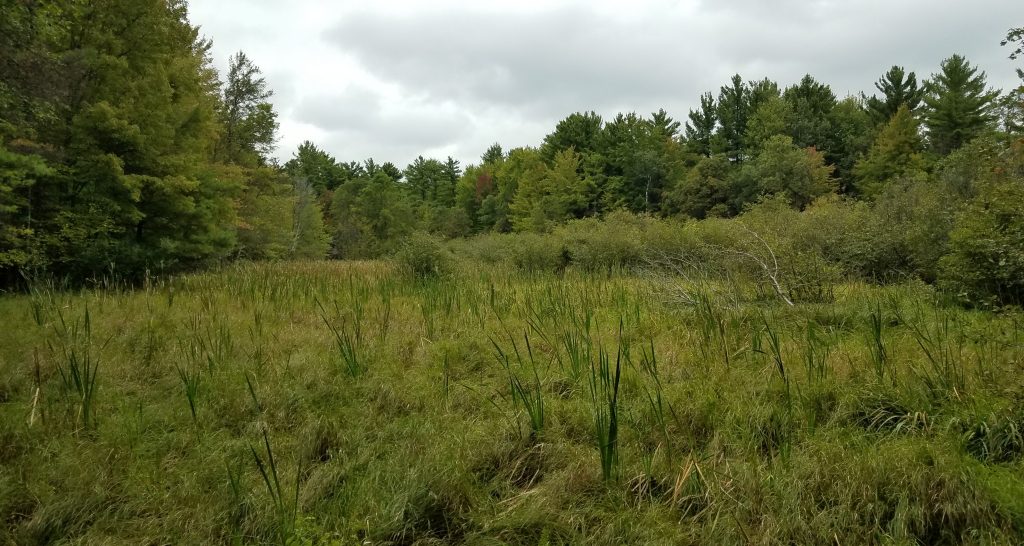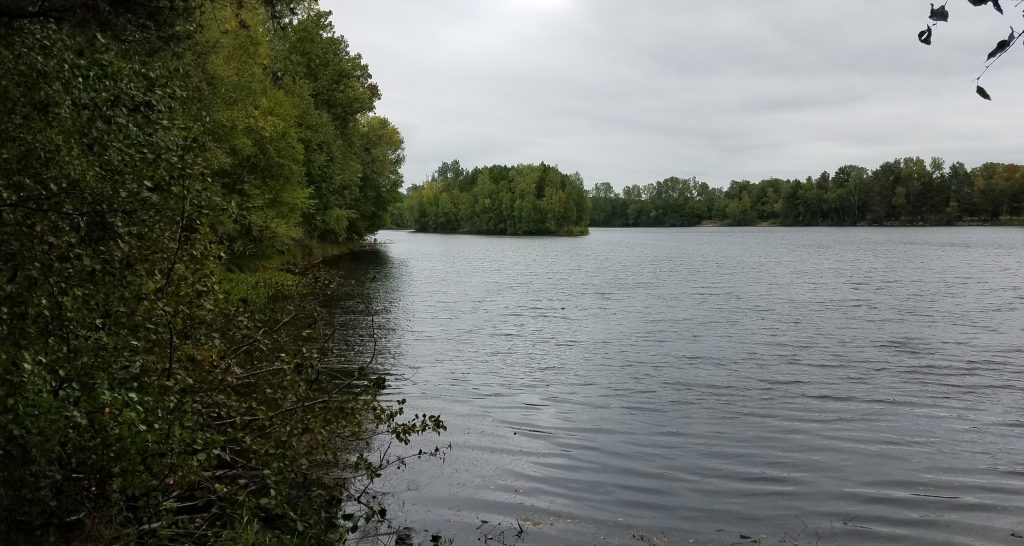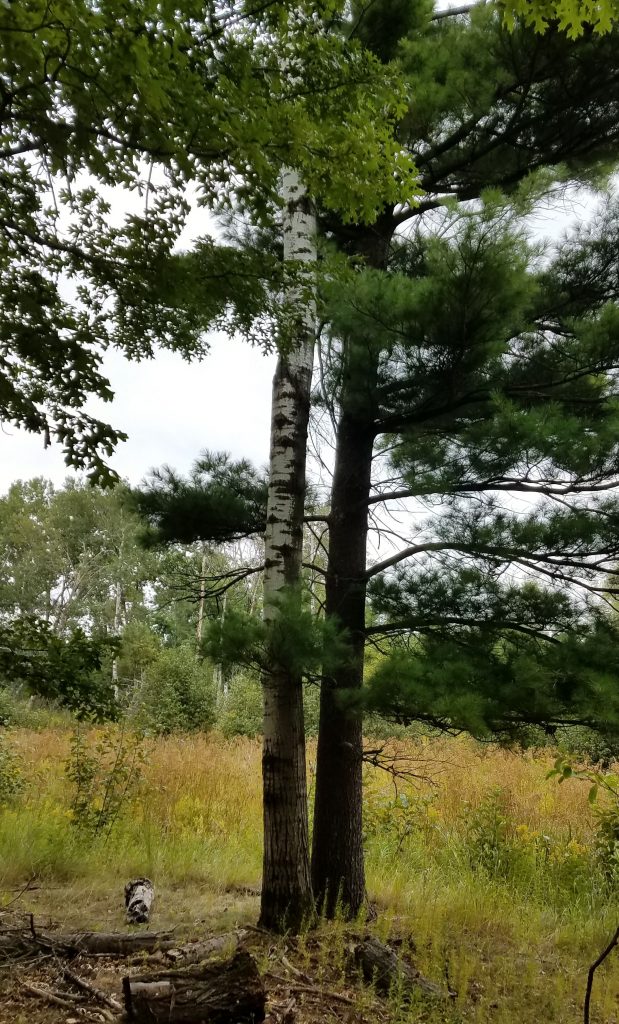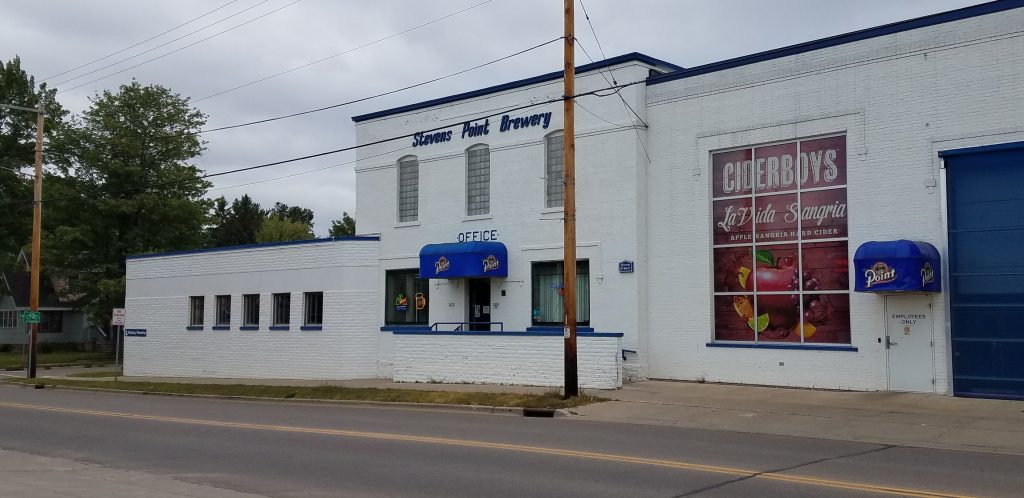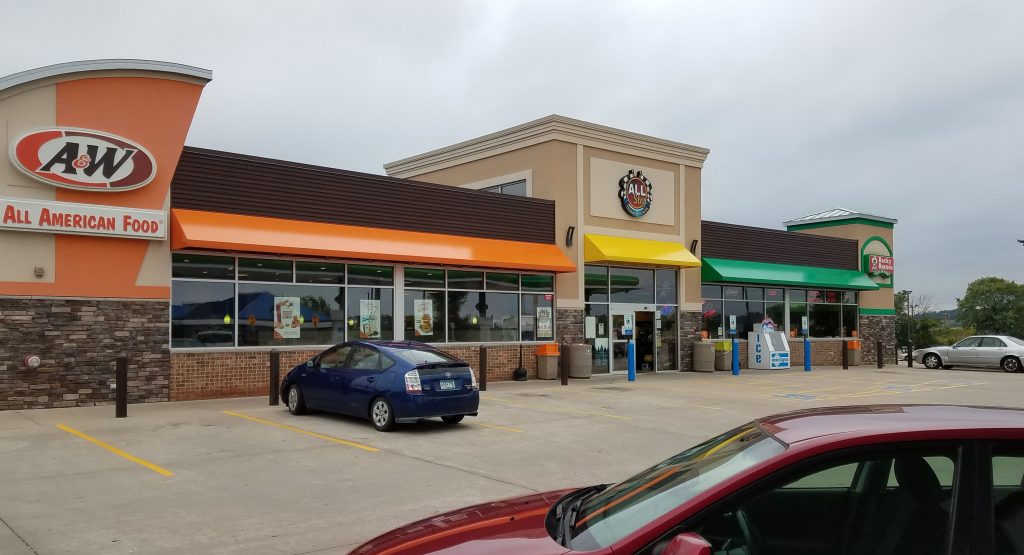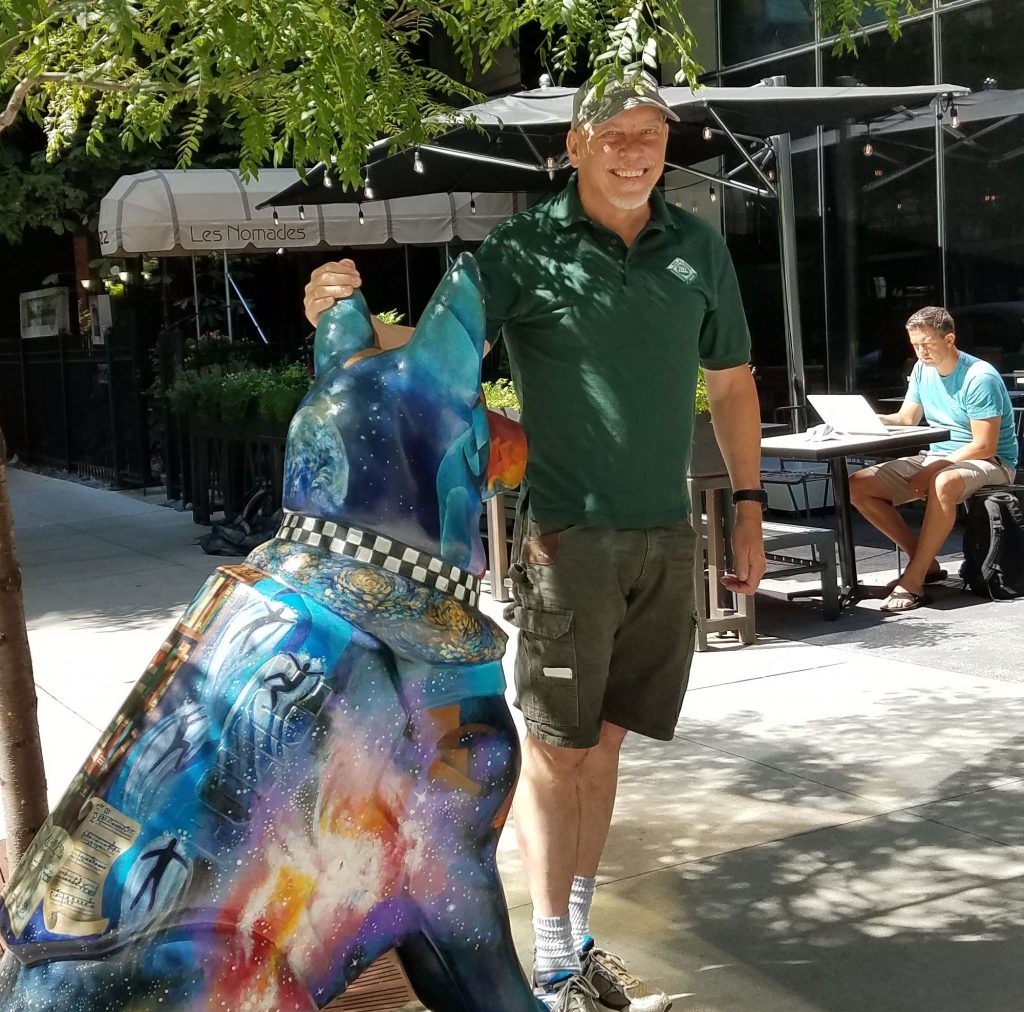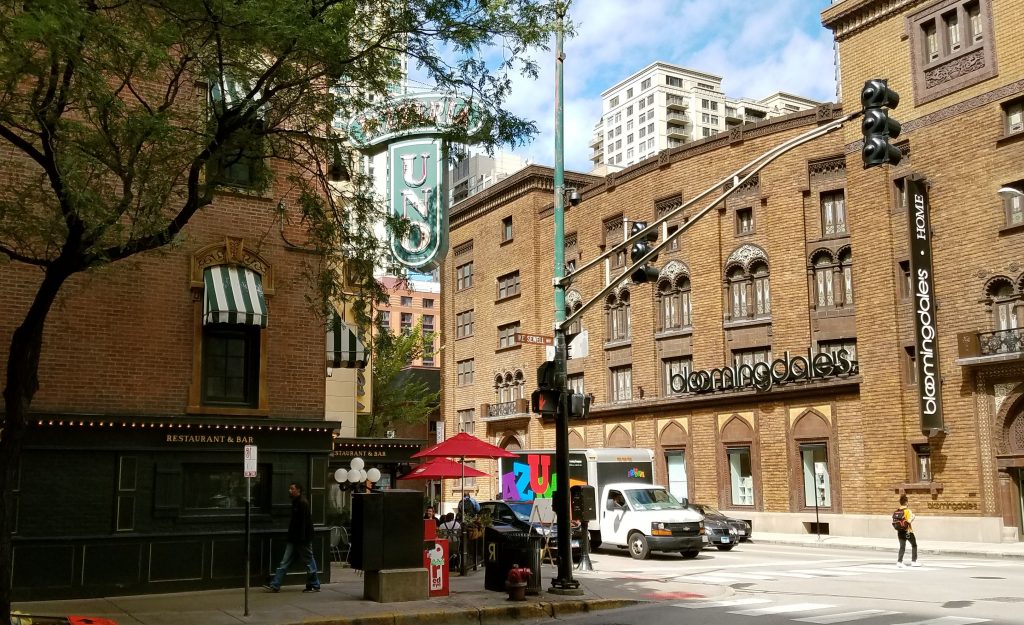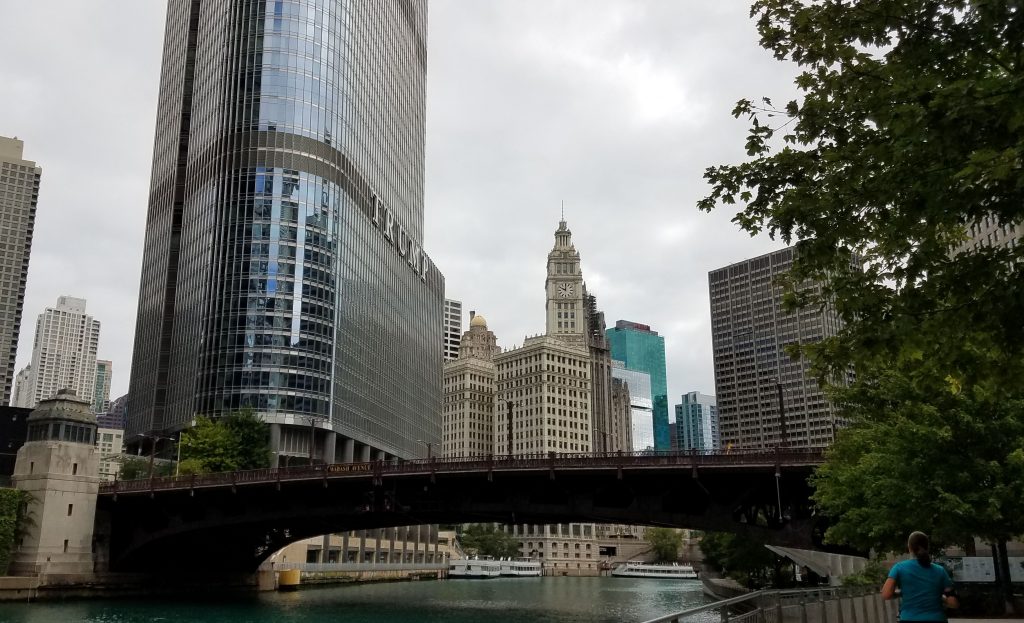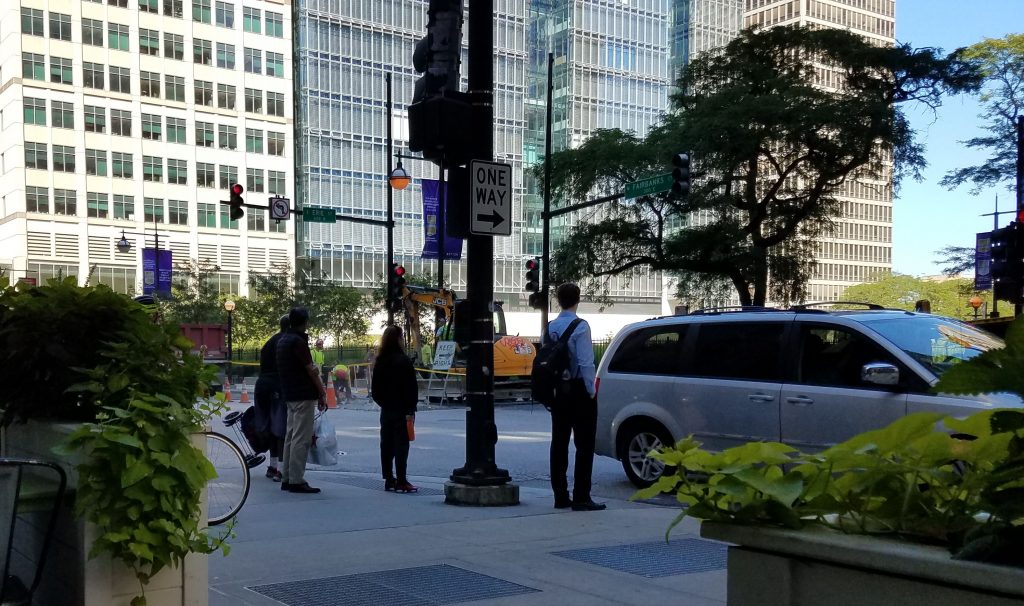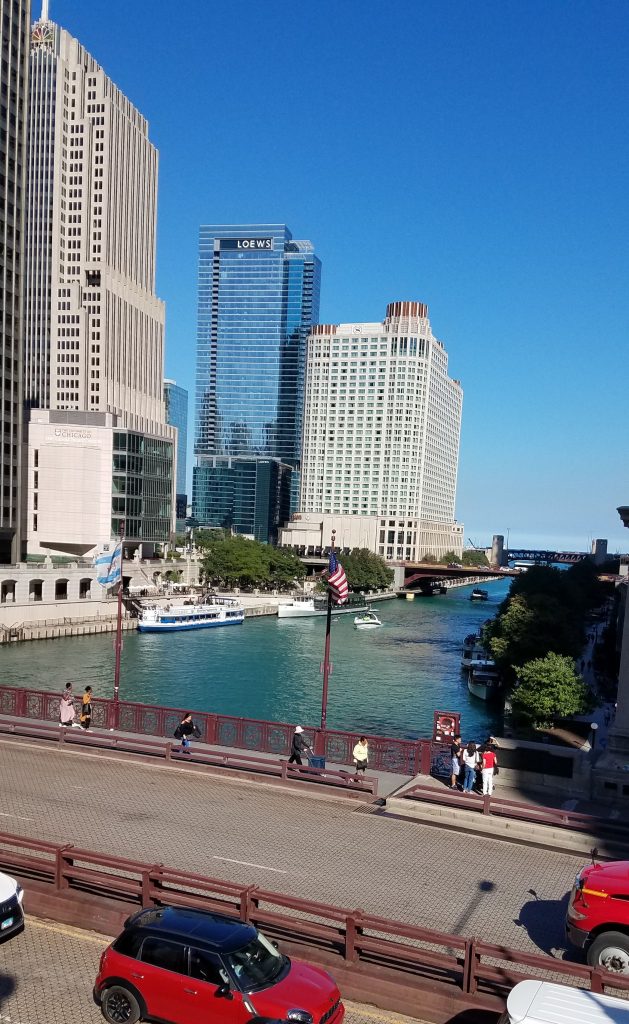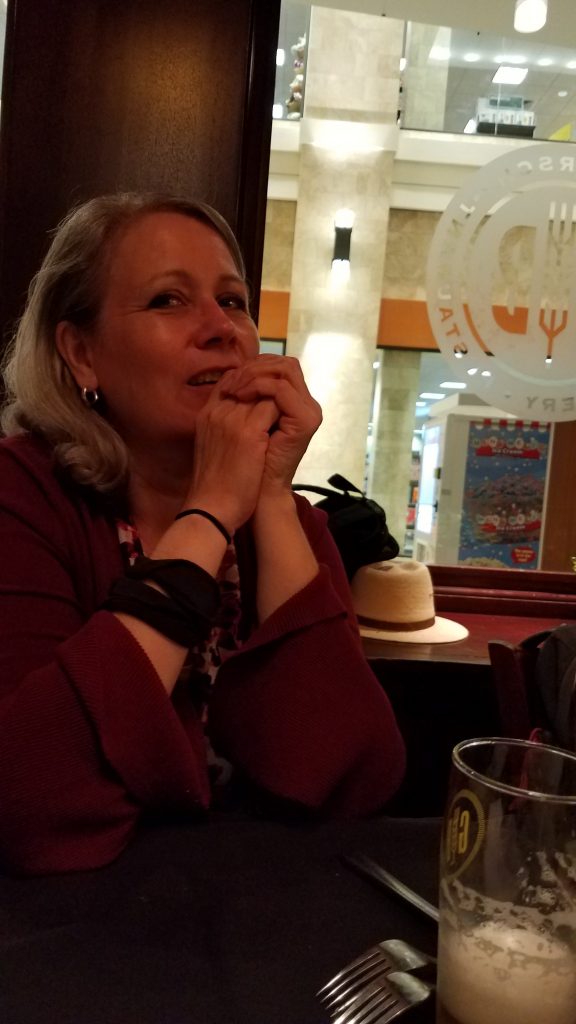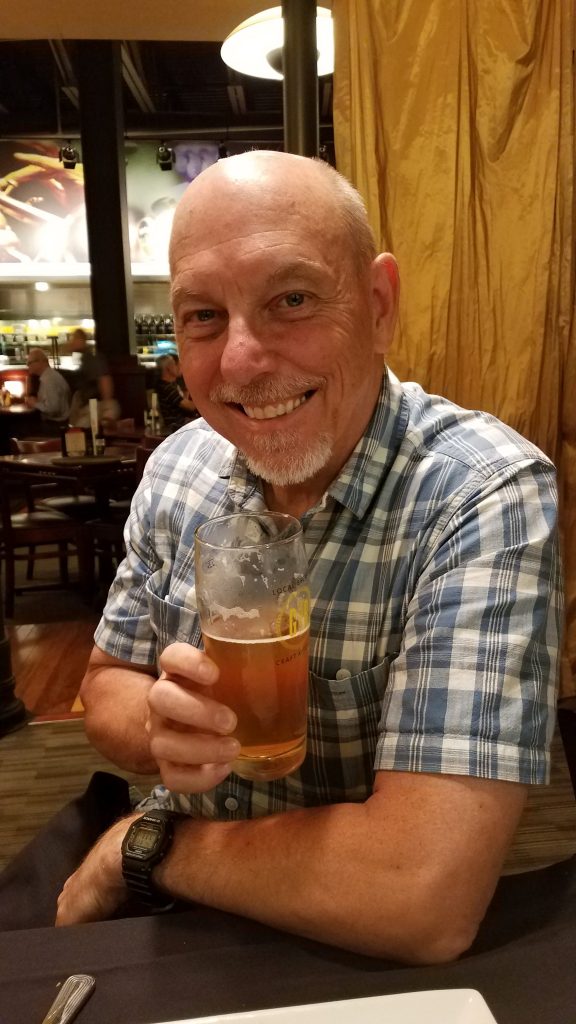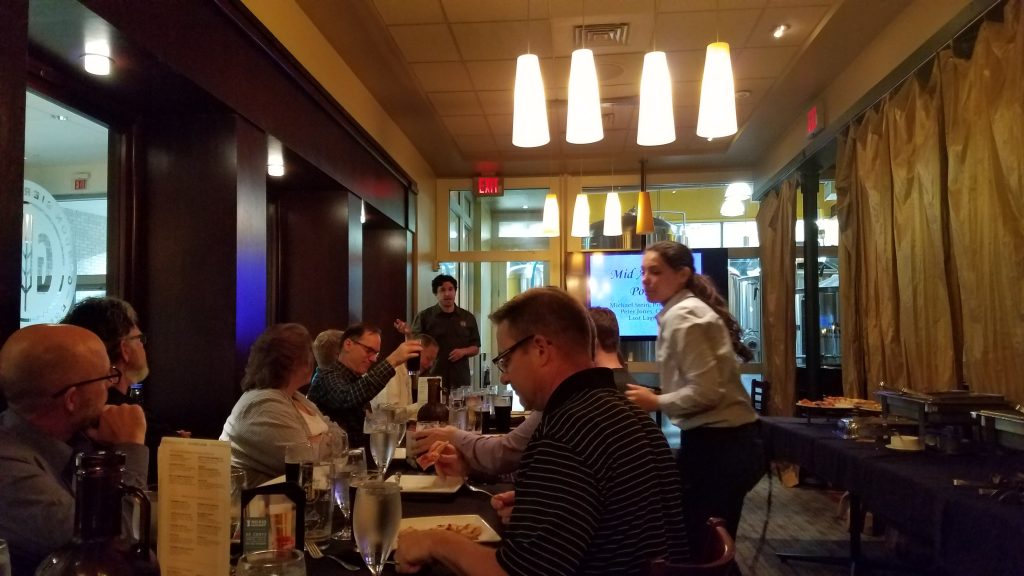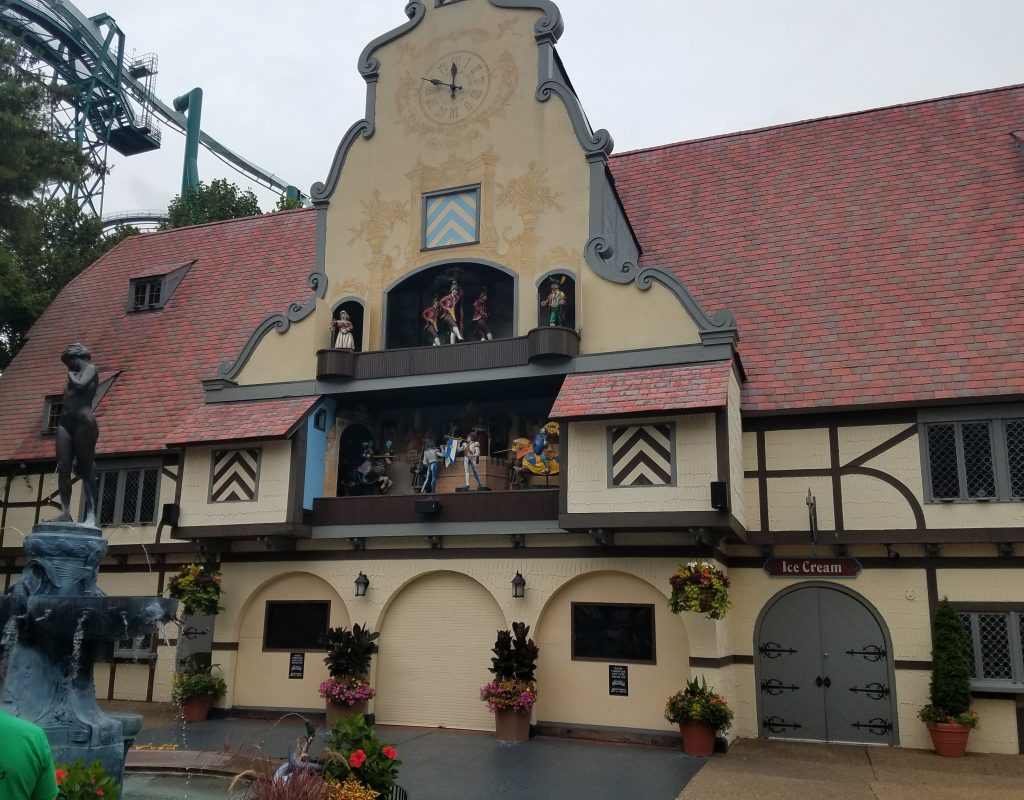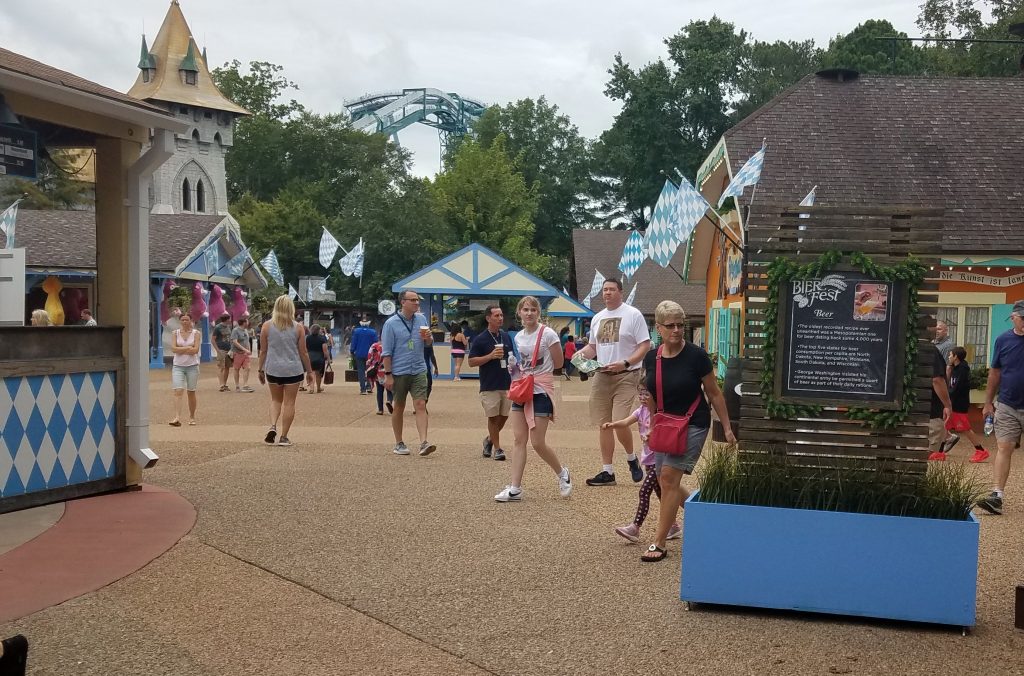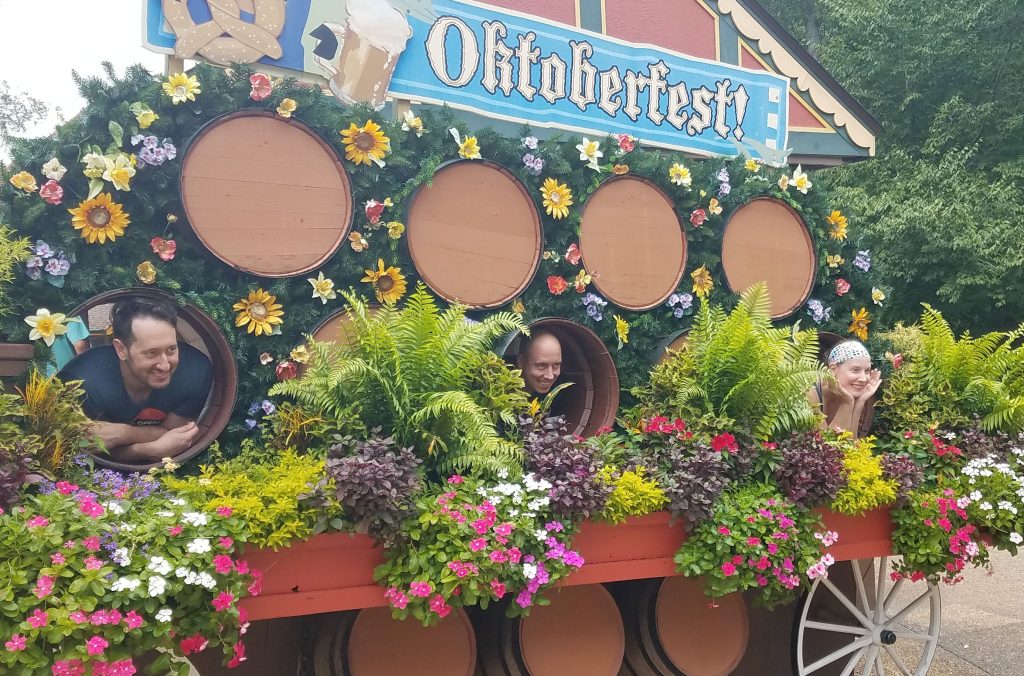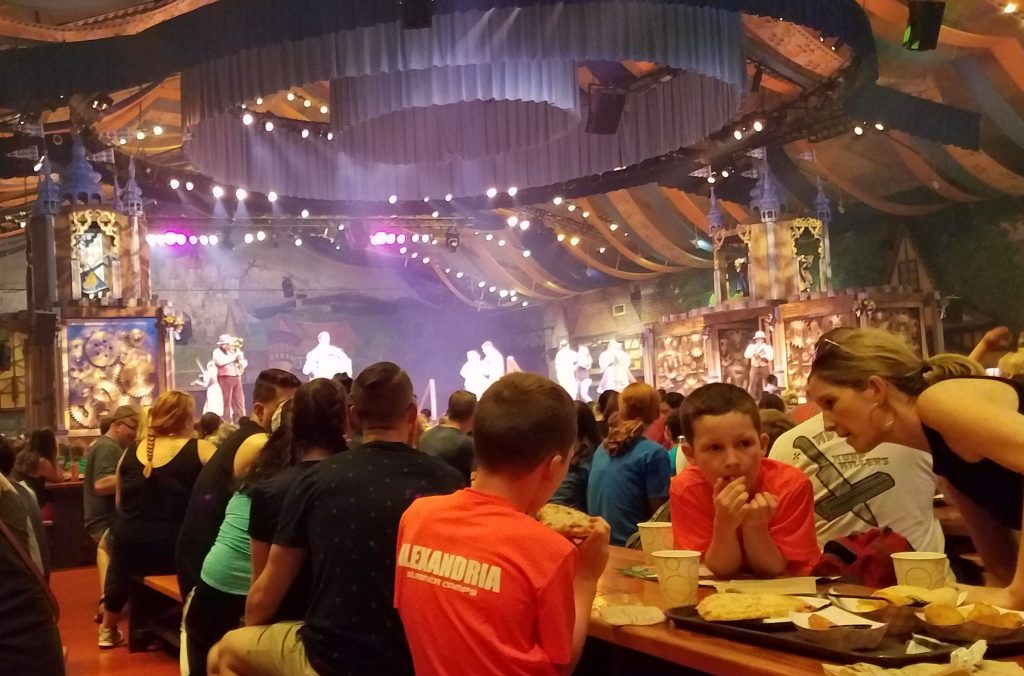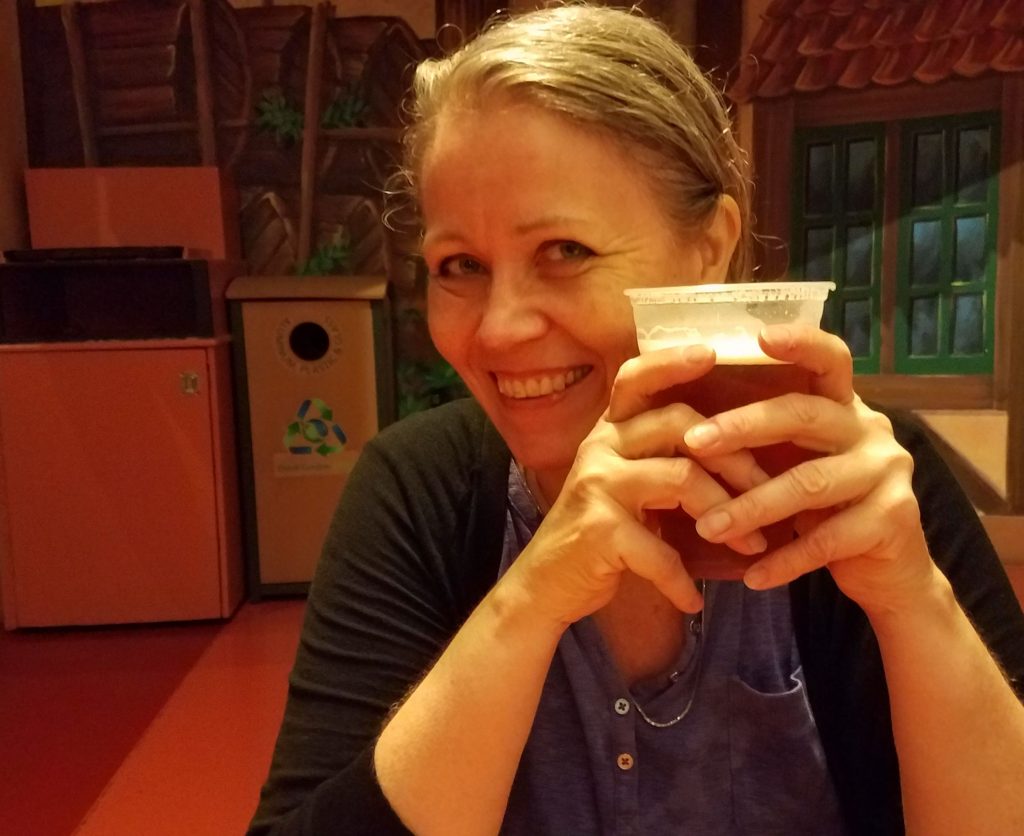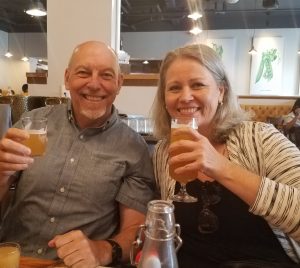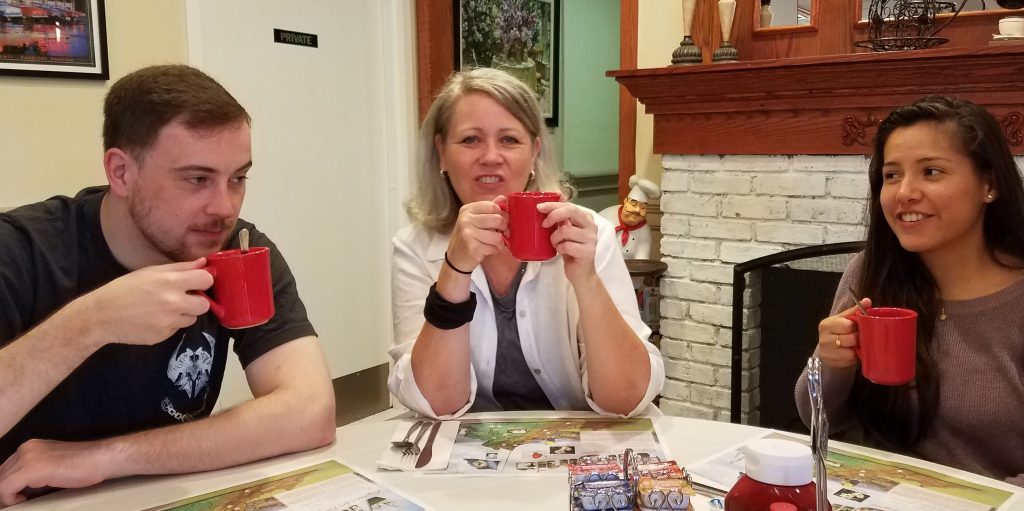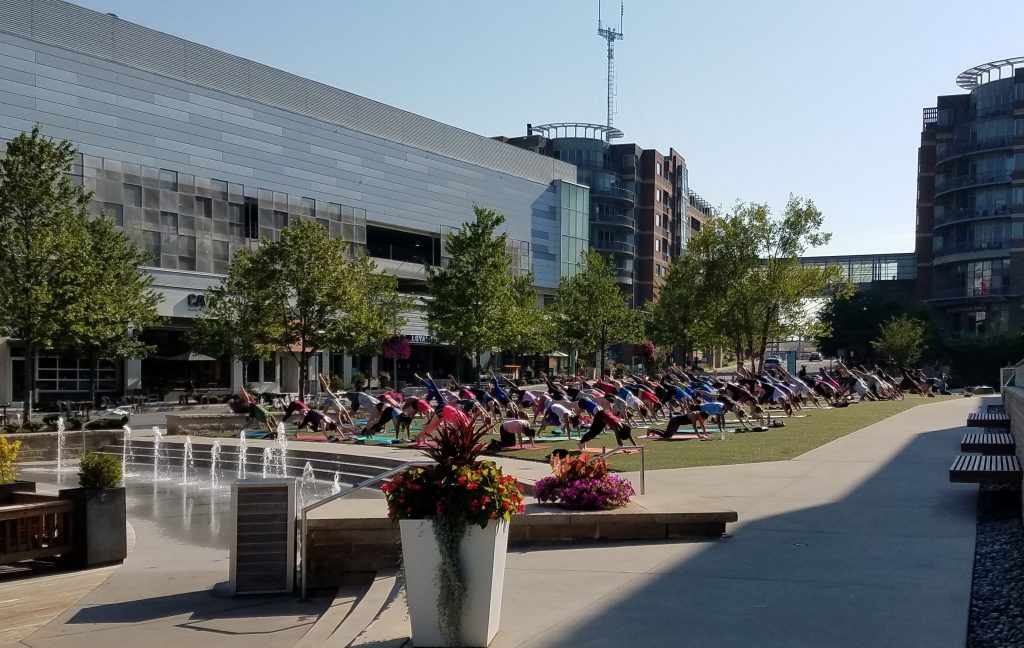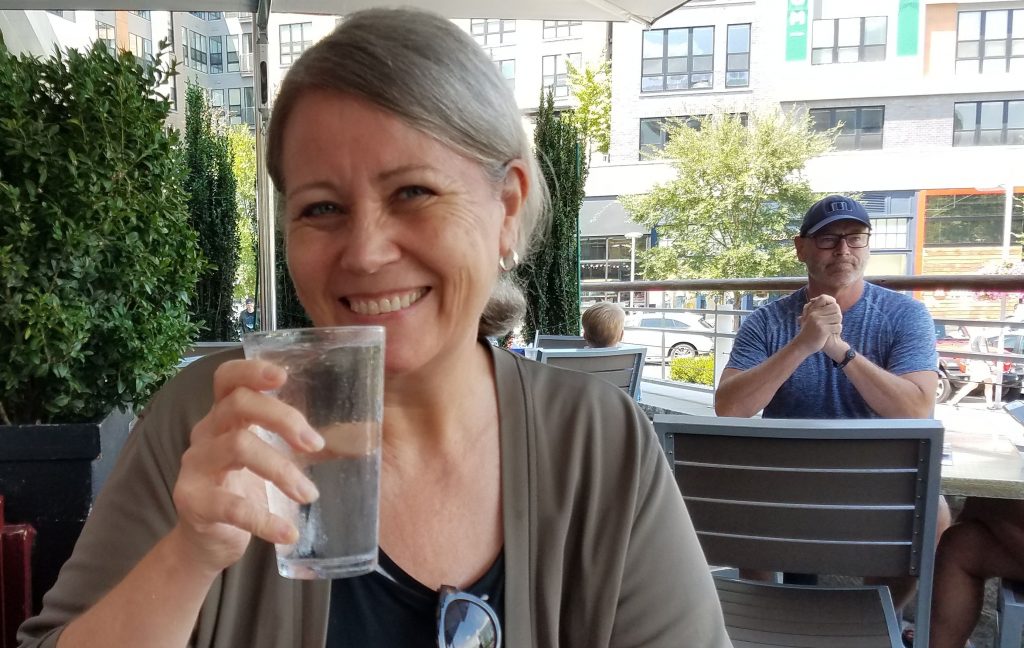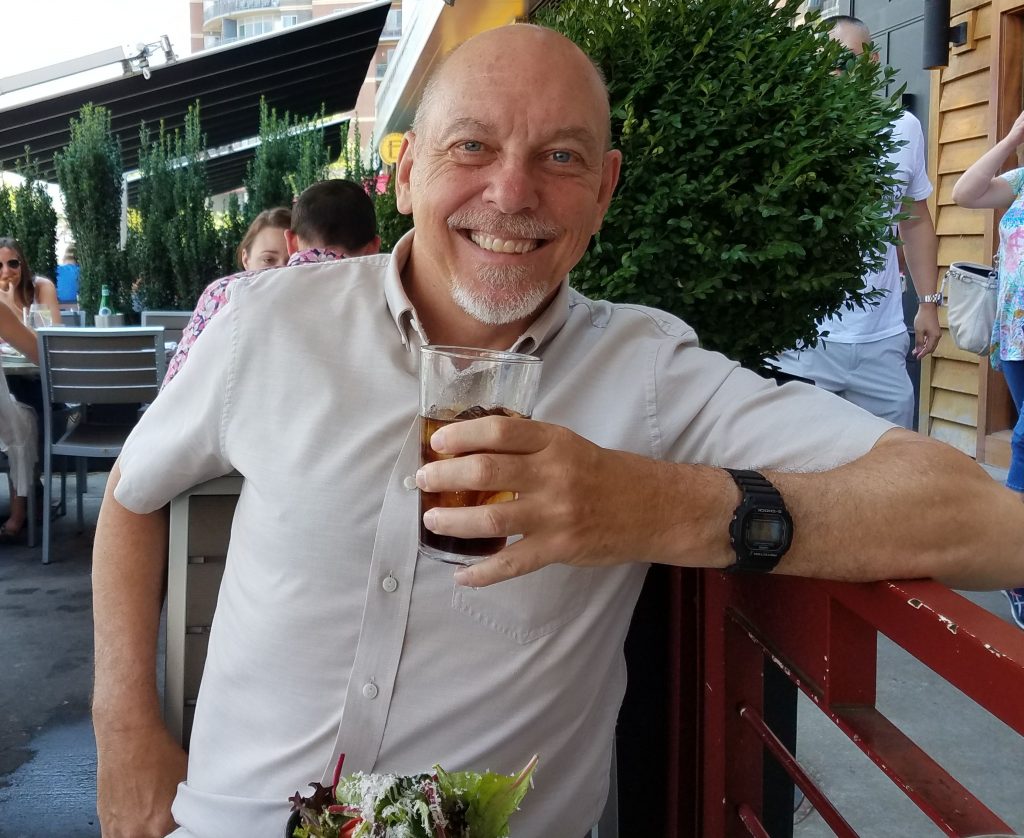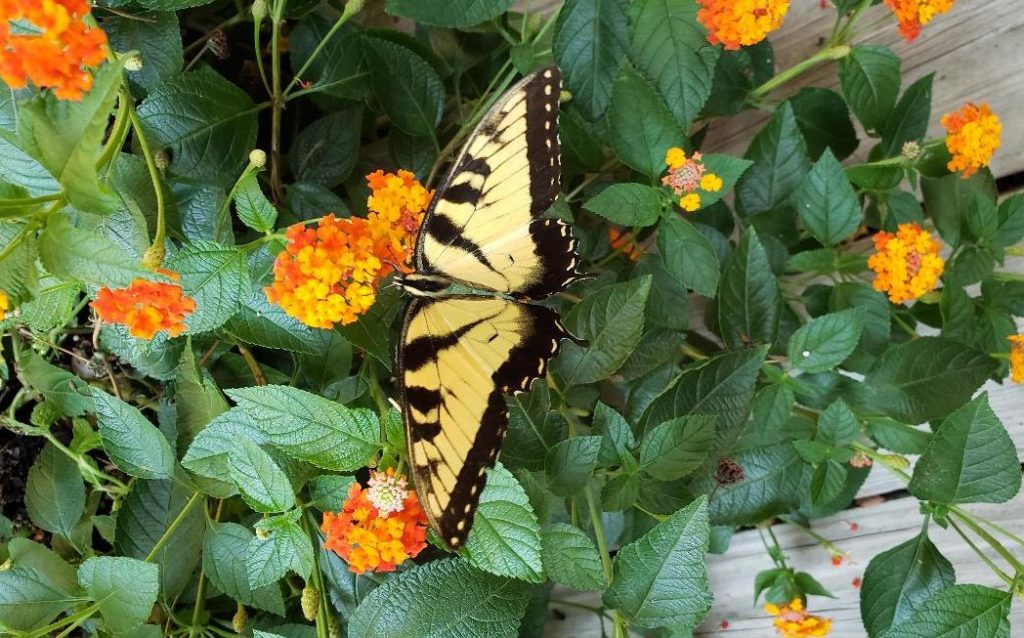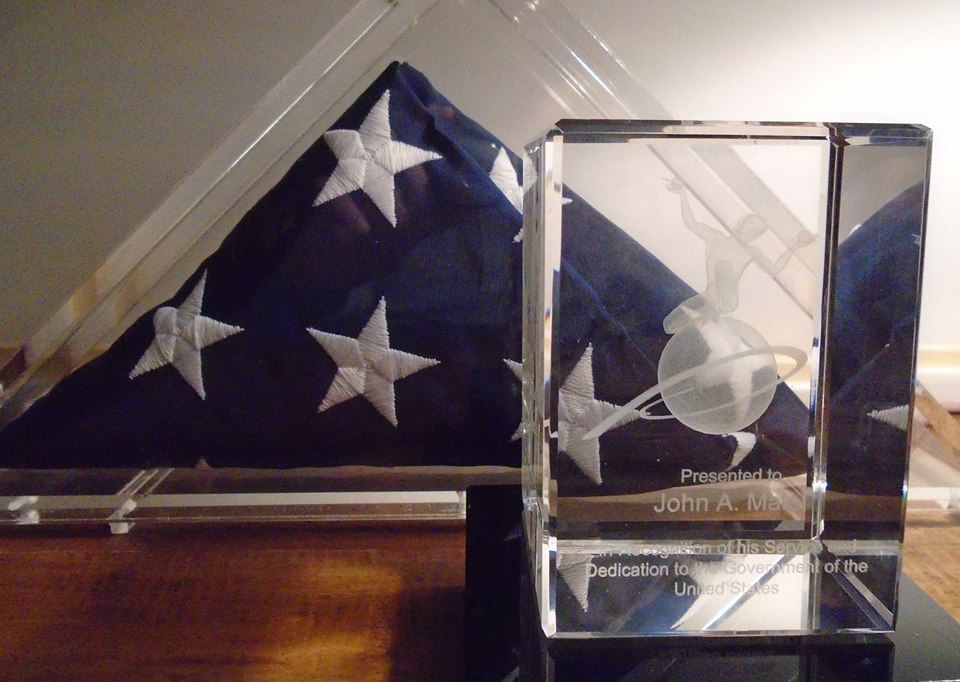What television programs did you watch when you were growing up? My Story Worth for this week.
The ubiquity of television
We were lucky to have two televisions when I was growing up, and one of them lodged in my room. On the downside, both were black and white and neither got good reception. If you have seen video of the moon landing you know what it looked like on our TV most of the time. My father did not watch TV much but when he did watch “Mannix” or “The Untouchables,” it was my task to stand near the TV and move the antenna as appropriate. It never really worked. I also functioned as remote control.
We got the big three networks, plus a local channel and PBS. I was always glad if a favorite program was on NBC-4, because that channel got the best reception.
Westerns
The TV was on almost all the time when I was home. Let me be clear, I turned my TV on. It was my own doing. I just like to have something. Still do, although now it can be computer screen. Usually it was just on and I was not paying much attention. I liked westerns, most of which I saw in reruns. If you’ve seen one, you’ve seen them all and that is what I liked about them. The only way I can differentiate them is when I recall the theme songs. I remember “Bonanza,” “Rawhide,” “The Lone Ranger,” “Bat Masterson” & “Wyatt Earp.” My parents told me that I used to sing the theme song from “Wyatt Earp.” The chorus repeated, “Wyatt Earp, Wyatt Earp, brave, contagious & old.” I learned later that Wyatt was brave, courageous & bold.
The “Rifleman” body count
The basis of many of these shows was absurd. Consider “The Rifleman,” staring the fierce Chuck Connors. The story is that he is an ordinary rancher who lives near a small town on the prairie. For such a small place, it attracts more than its share of bad guys who need killin’. By the end of most shows, the Rifleman has reluctantly dispatched these bad guys to the promised land – bad guys, plural. Besides the mystery as to why bad guys would come to that small town in general, is the specific mystery about why any of them would make trouble. The murderous alacrity of the rifleman surely would discourage them. Somebody on Internet counted and found that the Rifleman shot 114 men, or an average of 2 1/2 per show.
Star Trek
Better than westerns, however, I liked science fiction, but there were only three that I recall – “Twilight Zone,” “Outer Limits” & “Star Trek.” I got to know these mostly in reruns and I still watch “Twilight Zone” marathons. I was one of the few original “Star Trek” fans. I watched its prime time three years, their five-year mission to explore strange new worlds cut short by bad ratings. “Star Trek” found its audience – college kids – only when they started to do reruns in the early evenings.
Another Internet truth, so it must be true, debunks the myth that the guys on Star Trek with the red shirts always get killed. Of course, when Kirk, Spock, McCoy and the guy with the red shirt beam down to the planet, you know who ain’t coming back.
Risky red shirts
But there are evidently more red shirts than any other type. Some nerd has done the math. More red shirts died on-screen than any other kind of member of the crew (10 gold-shirted, which are command personnel; eight blue-shirted, who are scientists; and 25 red-shirted). However, those calculations do not take into account that there are apparently way more red shirts on the Enterprise to start with than any other crew type.
Out of 239 red shirts, 25 died, about 10%. Out of 55 gold shirts, 10 died, 18%. So you are more likely to die as a gold-shirted command officer. Only 6% of the blue shirted scientists didn’t make it back. So the gold shirted command types are the most at risk. Generally, working on the Enterprise is very dangerous, sure not as bad as making trouble in the Rifleman town, but worse than being in most modern war zones.
TV babes
I must add a special section on teenage TV crushes. Some TV shows I watched mostly because of the pretty women stars. My favorite was Dianne Rigg on “The Avengers.” Others included Samantha on “Bewitched,” Jeanie on “I Dream of Jennie” and Maryanne on “Gilligan’s Island.” These were objectively horrible shows, but I bet lots of boys 13-15 watched them anyway.
Here’s Johnny
I joined the swim team in HS and that changed my television habits, among other things. The workouts started right after school and we finished about 5:30. We used goggles, but the chlorine in the pool still irritated our eyes and swim workouts are physically tough. I used to lift weights too, and that was hard to do right after a swim workout. My adaptation was to come home, eat a fast supper and then take a nap for a couple hours to rest my body and let my eyes clear. I would wake up around 9 and do a little homework and then lift weights during Johnny Carson. I thought Johnny Carson was so cool. I especially liked guests like Rodney Dangerfield & Don Rickles.
The wonders of cable TV and the Internet mean that I can watch all those old programs just about on demand. My memory of them is better than they really were.

